The 20-year-old woman who took American horseracing by storm
A photographer tracks the record-breaking career of Katie Clawson

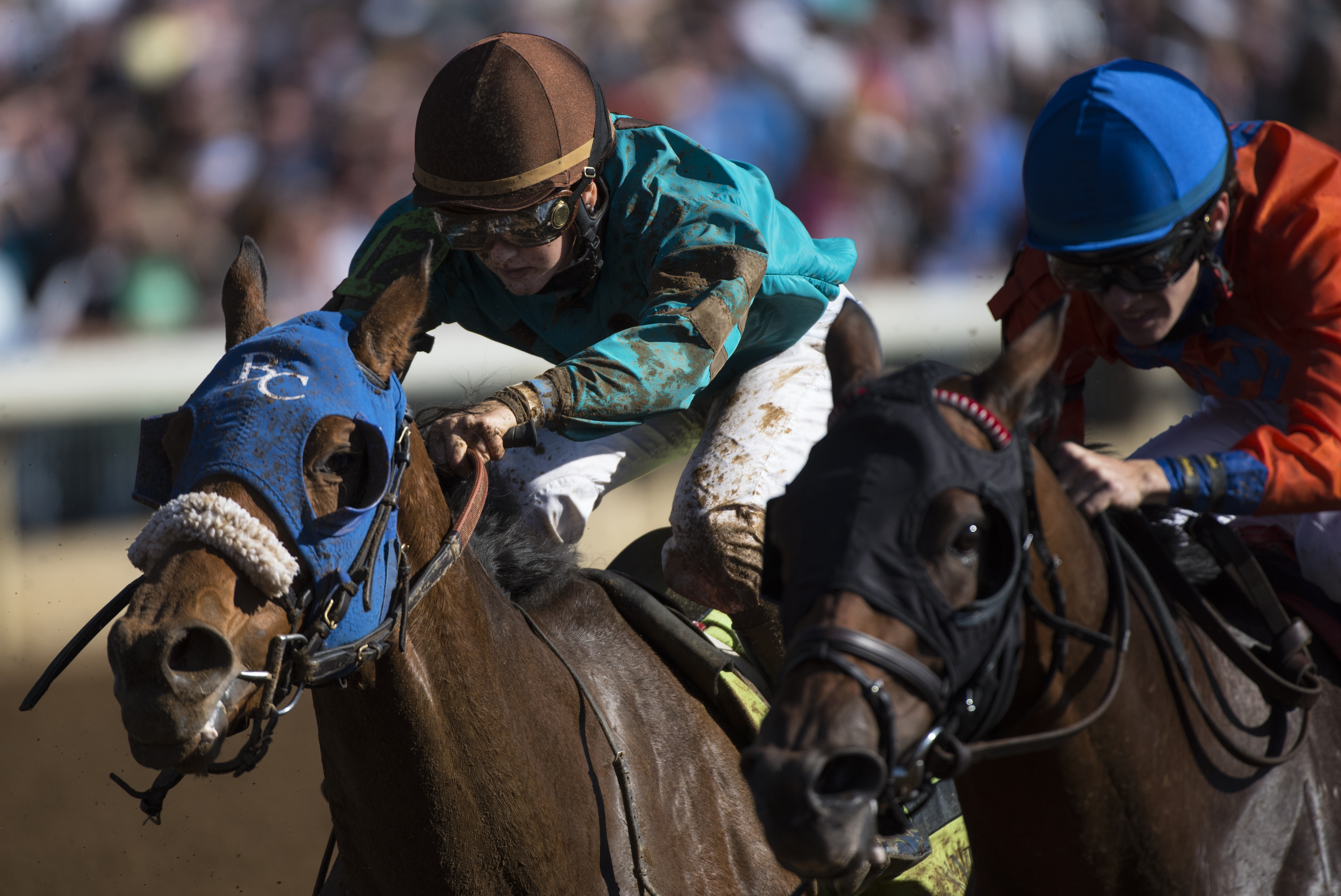
A free daily email with the biggest news stories of the day – and the best features from TheWeek.com
You are now subscribed
Your newsletter sign-up was successful
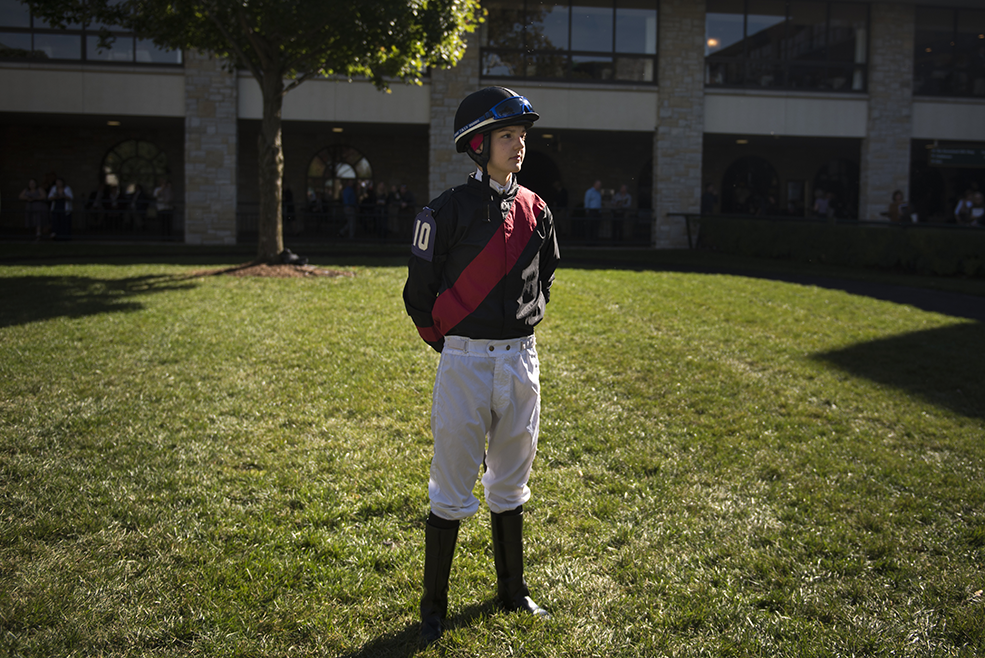
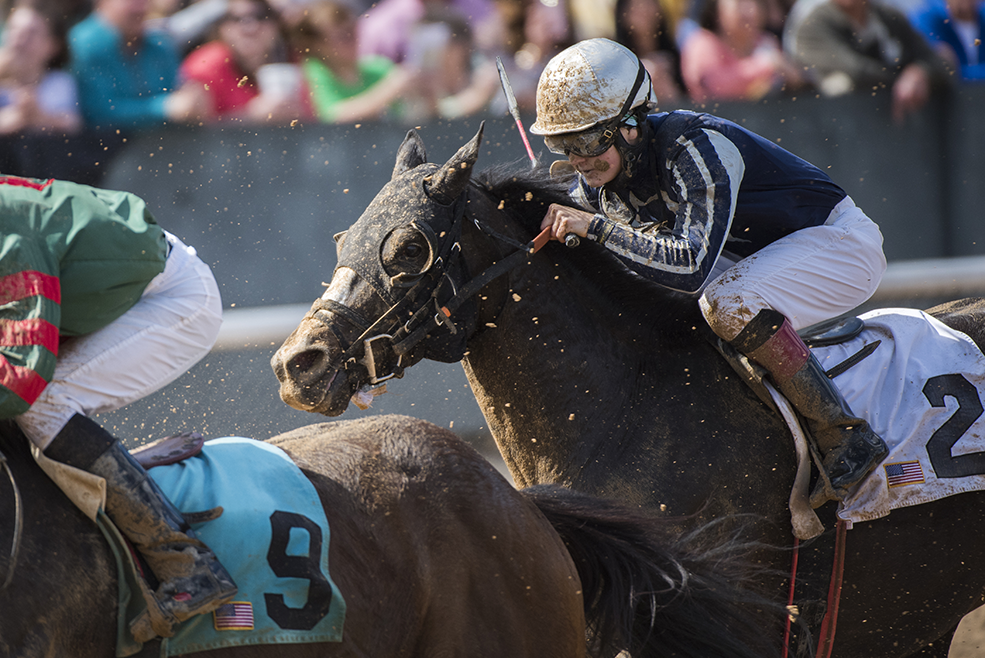
(Harrison Hill)Harrison Hill, a photojournalism student at Western Kentucky University, began capturing Clawson's rise in 2016. Hill grew up in Kentucky — the heart of horse country — but still didn't know much about the racing industry, so he wanted to document a jockey's journey. He was looking for someone young, someone he could relate to, and Clawson was just launching her career.In June 2016, Clawson's third start as a jockey turned into her first win — and at Churchill Downs, no less. She racked up another three victories in one night. And she just kept winning.
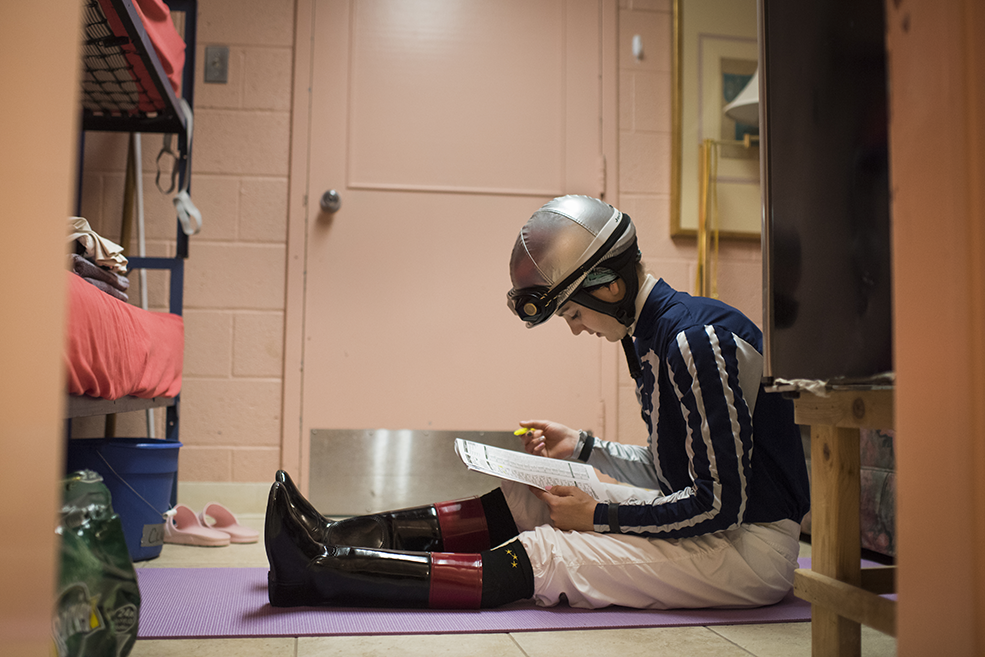
(Harrison Hill)Indiana-raised Clawson got her start in Kentucky, but her quick success meant she wasn't easy to follow. Hill eventually spent weekends driving eight hours to Arkansas, sleeping in his car so he could follow Clawson and her training across the country.No matter where she went, though, Clawson was usually alone in the women's locker room. Male jockeys outnumber female jockeys 7 to 1 in the U.S., a 2017 study from the American Sociological Association shows. Look at top races and that imbalance rises to 50 to 1."It's a male-dominated sport, and we [women] have to be tough to deal with those guys," Clawson told Hill. "To me, it doesn't bother me being the only girl in the jocks' room, but also I would like to be at a track with a bunch of girls."
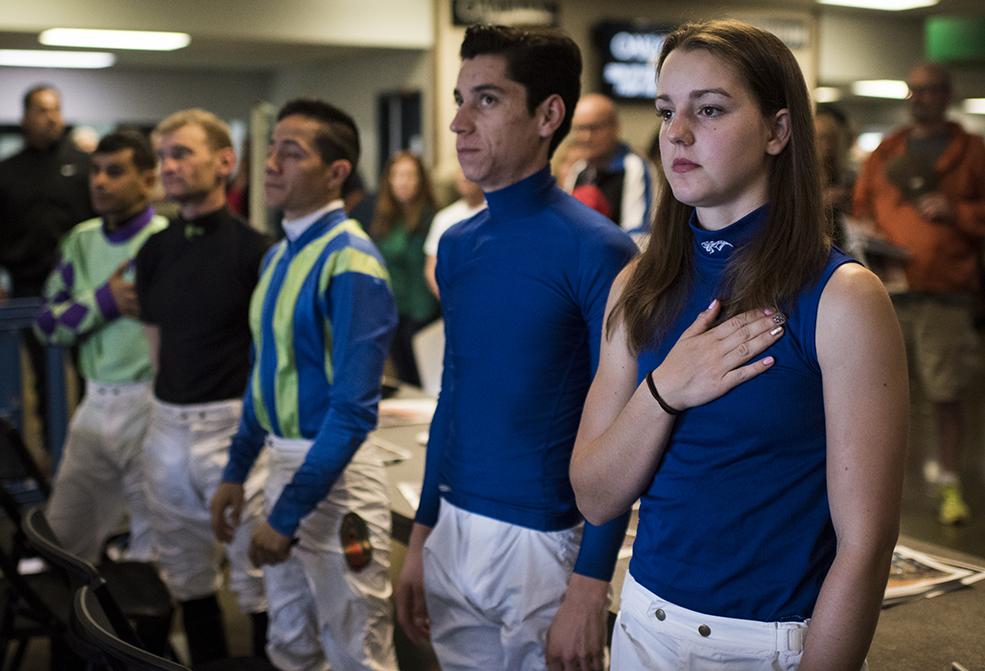
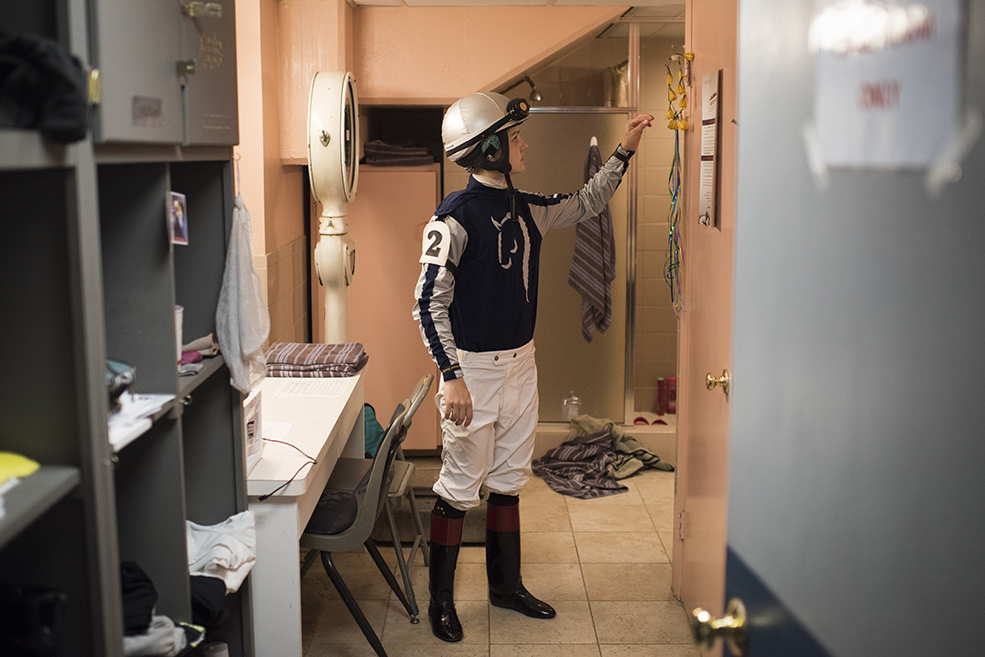
(Harrison Hill)As Clawson faced off with top jockeys, such as three-time Kentucky Derby-winner Calvin Borel, she always knew she had something to prove. Luckily, some big-name women riders like Chantal Sutherland and Rosie Napravnik helped break down that wall for her."They all established themselves by skill alone, as dominant riders that could compete at the top levels," Clawson told 5 Minutes to Post. "It puts to rest the conversation about female jockeys being inferior."
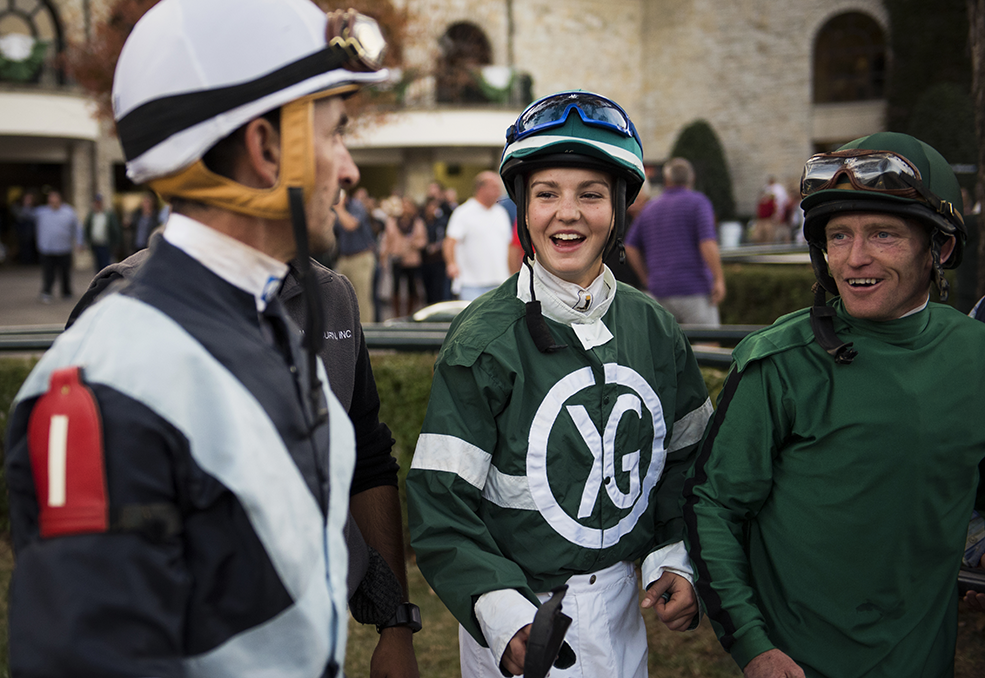
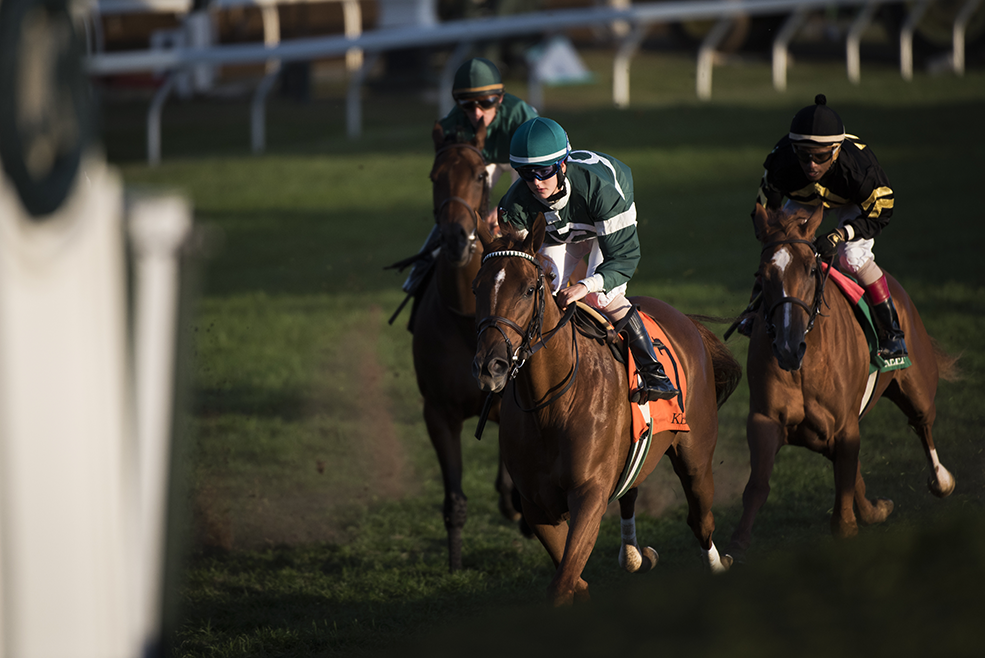
(Harrison Hill)But this dangerous sport led to constant injuries: a bruised lung, a cracked rib, and a broken neck that left a permanent plate in her vertebrae. Clawson knew her racing career wouldn't last forever.Nonetheless, there was no fear when Clawson mounted up to train or race."It was difficult for me to find those moments of her really being drained, because although it was a tiring process, she loved it so much," Hill said. "She said she wouldn't trade it for anything."
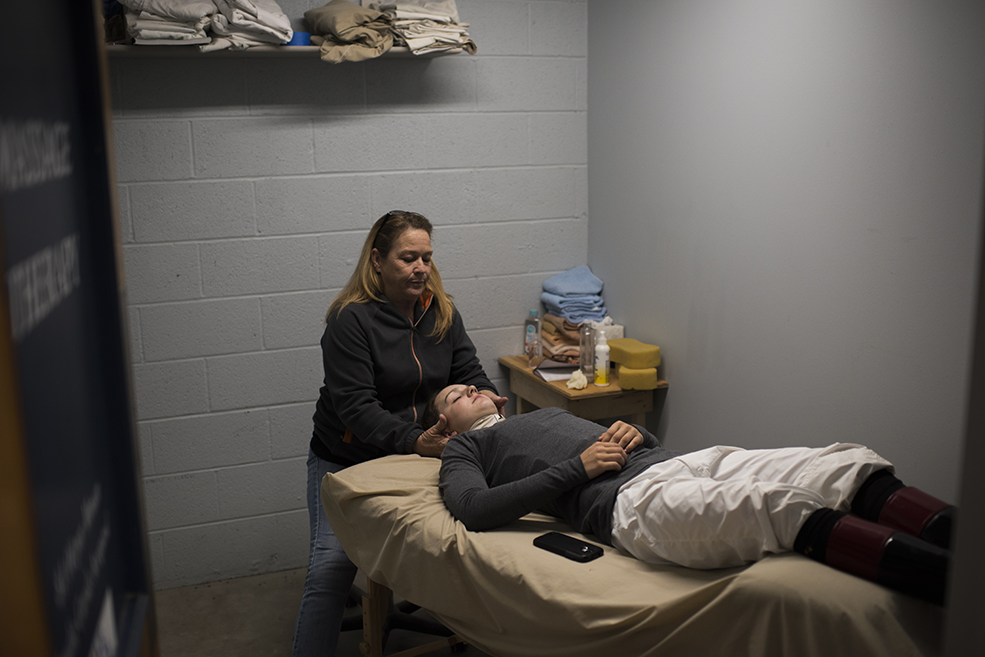
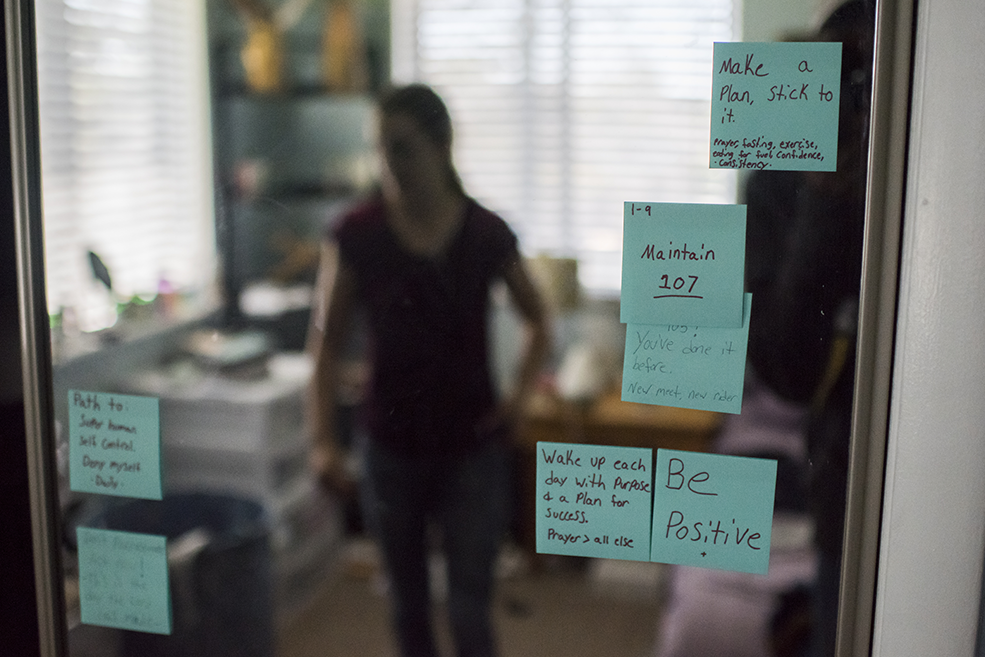
(Harrison Hill)But the danger eventually did outweigh the thrill for Clawson. After a fall and a concussion, Clawson raced one more time before retiring at the end of 2017. "My personality did not exactly line up with the jockey lifestyle," she told Daily Racing Form. But she did add: "I was able to fulfill my dream."Indeed, in her brief time in the spotlight, Clawson really "made her mark on racing." She'll stay on the track as an exercise rider, with a whirlwind career behind her to remember.
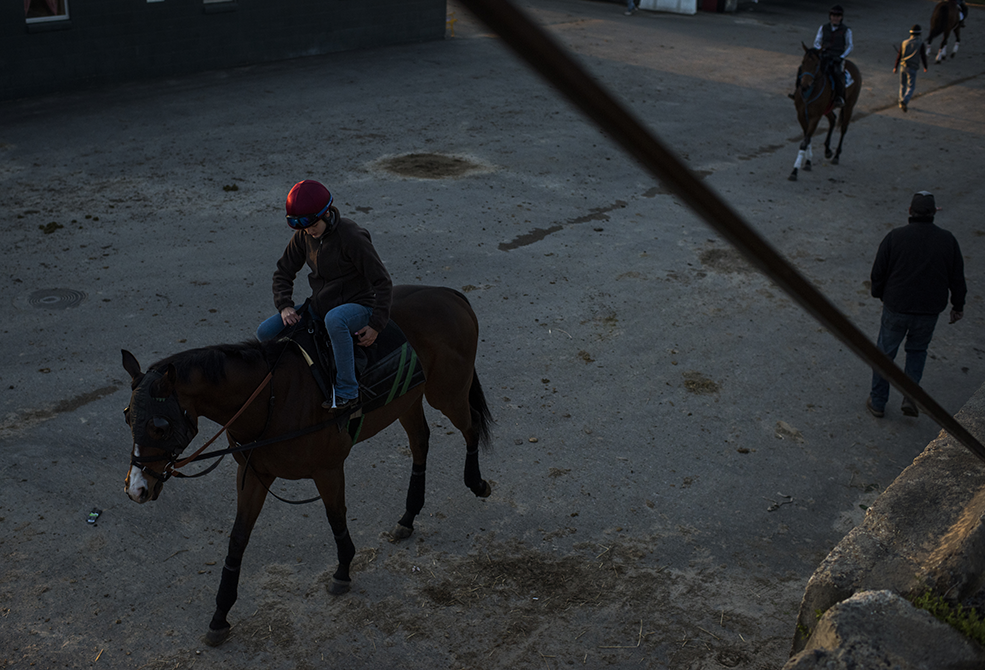
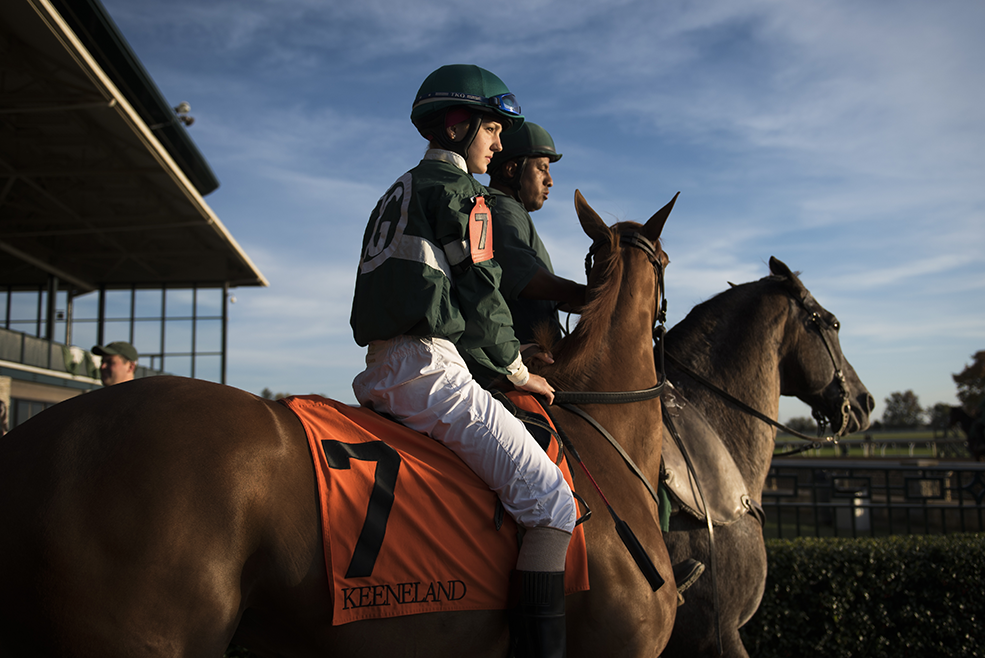
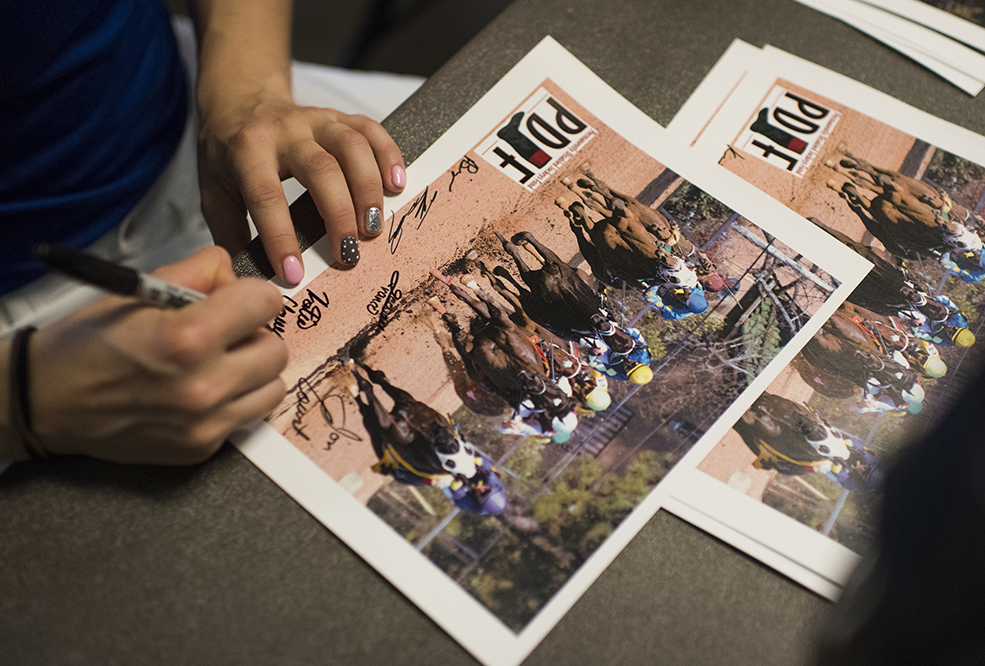
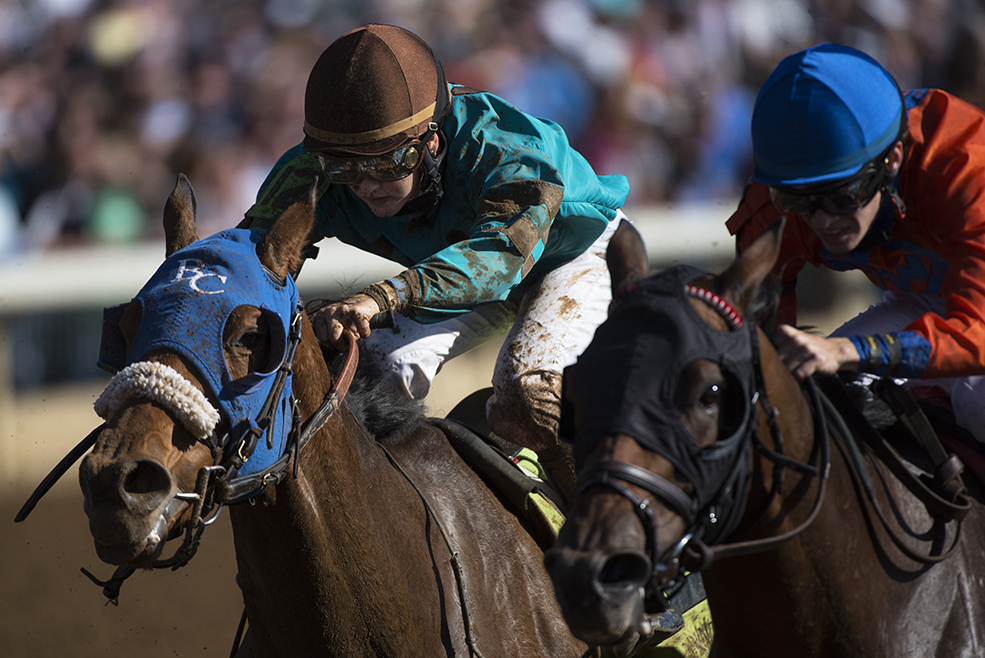
A free daily email with the biggest news stories of the day – and the best features from TheWeek.com
Kathryn is a graduate of Syracuse University, with degrees in magazine journalism and information technology, along with hours to earn another degree after working at SU's independent paper The Daily Orange. She's currently recovering from a horse addiction while living in New York City, and likes to share her extremely dry sense of humor on Twitter.
-
 The Olympic timekeepers keeping the Games on track
The Olympic timekeepers keeping the Games on trackUnder the Radar Swiss watchmaking giant Omega has been at the finish line of every Olympic Games for nearly 100 years
-
 Will increasing tensions with Iran boil over into war?
Will increasing tensions with Iran boil over into war?Today’s Big Question President Donald Trump has recently been threatening the country
-
 Corruption: The spy sheikh and the president
Corruption: The spy sheikh and the presidentFeature Trump is at the center of another scandal
